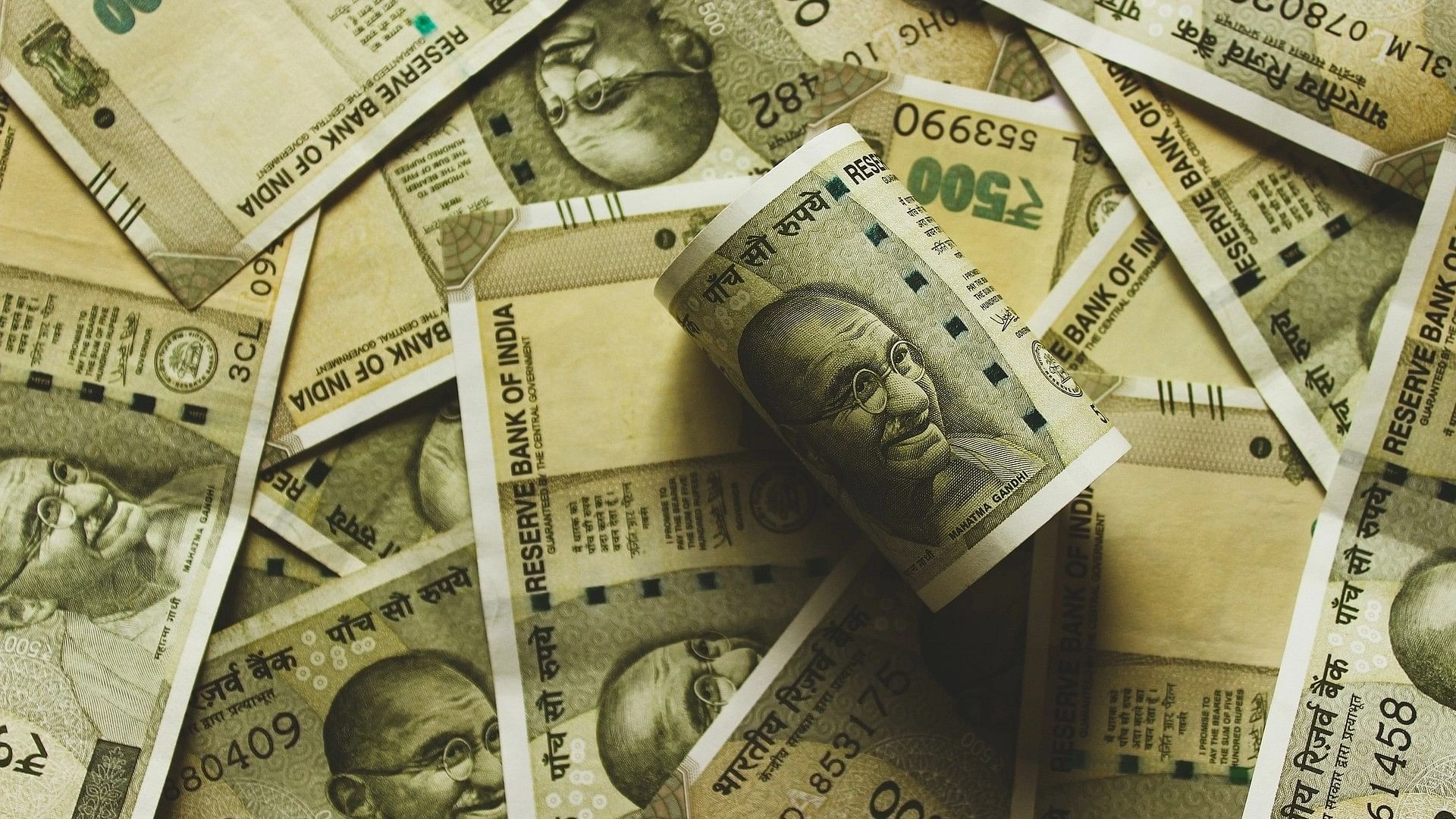
Representative image of Indian rupees.
Credit: Pixabay Photo
The furious debates over inheritance tax among warring political parties have diverted attention from larger truths, hardly a surprise during election time. It falls upon us, the citizens of India, to collectively address this contentious issue in the best interests of our nation.
Whether we like it or not, the primary motivator for most people to strive in life is the prospect of earning monetary rewards. With few exceptions, the greater the rewards, the greater the performance. Consequently, people work hard, earn money, and create wealth for themselves and their families. Throughout history, from the ancient emperors to modern corporate moguls, the default practice for wealth distribution (which has little to do with wealth redistribution for the community at large) has been to pass on accumulated wealth to the next generation, irrespective of their merit. This transfer of wealth is a natural course of action, and there is nothing wrong with it, especially considering the multiple instances of taxation it has already undergone.
The need for pro-poor programmes is undeniable in a country like India, but the implementation of such initiatives often leaves a lot to be desired. While funds are collected and earmarked for humane purposes, there is no mechanism to monitor and measure the efficacy of implementation, leaving the beneficiaries with no visible improvements. In fact, end-user outcomes are not made public, increasing the risk of fund mismanagement and diversion at various levels.
History is rife with examples of impractical ideologies that failed to institutionalise social equity and equality, rooted in utopian beliefs. Marxist ideals and Gandhian principles, despite the sanctity of thought and intent, could not create the classless societies they widely advocated, nor could they bridge the widening divide between the haves and the have-nots. With due respect to Mahatma Gandhi, his call for building societal wealth (as opposed to individual wealth) largely fell on deaf ears, and worse, he unknowingly helped a handful of wealthy individuals grow wealthier in post-independence India.
Benevolent and selfless behaviour cannot be enforced by state intervention. Rather than denying or dismissing this fundamental fact of life, it is prudent to explore ways around it to explore feasible solutions to minimise its downsides. Taking a contrarian approach, we can focus on making philanthropy more glamorous by motivating the wealthy to willingly donate towards serving the larger cause of humanity and attaining celebrity status as large-hearted donors. What is the point
of enforcing draconian measures that only prove counterproductive as they dampen the altruistic spirit of the affluent sections?
A more viable approach for the government would be to formulate a prudent policy mandating a percentage of wealth (of the rich and the ultra-rich) to be donated for social development initiatives of the donors’ choice. A threshold could be fixed for the applicability of this percentage, which can vary in line with different bands, akin to how income is taxed according to different slabs. The rich individuals below the threshold can donate if they wish to. An autonomous body can be formed to fix the threshold, decide the bands, and identify various donation-worthy initiatives under well-defined heads such as women empowerment, value-added education in rural areas, financial inclusion, poverty alleviation, employment and entrepreneurship generation, primary health upgrading, and so on and so forth. That the choice of objective would be the donor’s prerogative and that participation in India’s inclusive growth effort would be duly recognised and revered will take away the burden of donations that keeps most wealthy individuals from donating for the larger cause of the country.
More importantly, the autonomous body can monitor the progress of the donations made with periodic reports on fund utilisation and project outcomes. This higher level of transparency will motivate the well-off donors to cherish their donations as much as they relish their investments. There should also be a system of awards and accolades to honour the most benevolent of wealthy individuals, both through monetary incentives like lower tax rates and through haloed felicitation programmes and revered mentions in government literature and global case studies. Name and fame are as strong a motivation as money, and they will inspire many more people of the affluent class to become willing donors.
Inclusive growth is a priority for India, but equal opportunities for the poor should not come at the cost of penalising wealth creators from affluent sections. Instead, the focus should be directed towards fostering an environment conducive to entrepreneurship among marginalised communities. This way, we can pave the way for institutionalising social equity and equality rooted in pragmatic beliefs.
(The writer is the Executive Chairman of a healthcare concern)